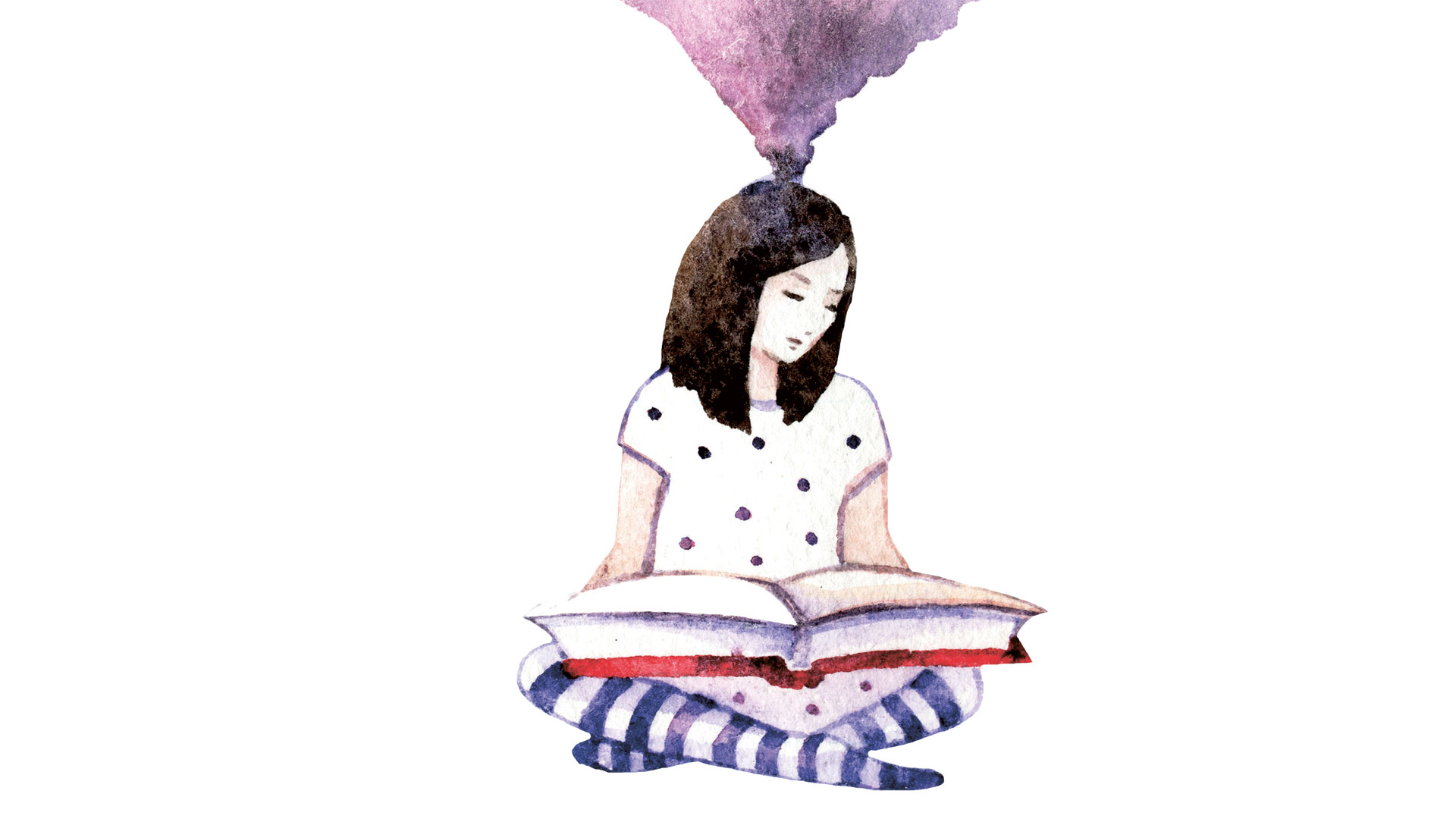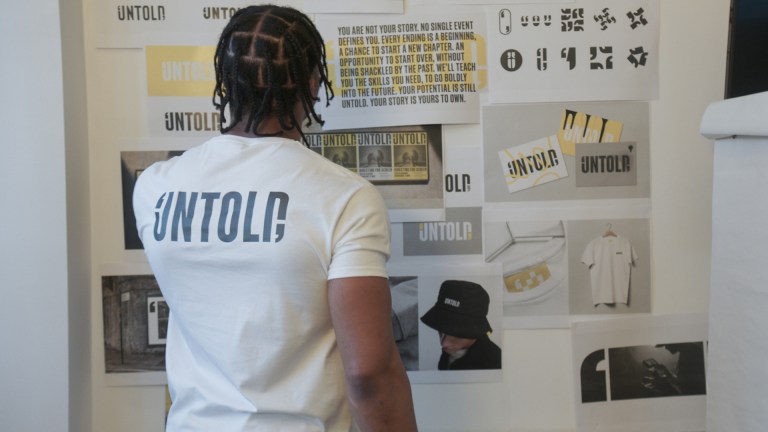It’s been 12 weeks since schools closed. Twelve long weeks without anything to break up the time. In theory it might seem like the ultimate childhood fantasy. But as we now know, the reality’s not like that. When the schools closed, children and teenagers said goodbye not only to their friends but to their teachers too. It’s easy to believe you are everything to your child and overlook the fundamental importance of a trusted teacher. But those vital supports have been torn away for the time being, and it’s hitting the most vulnerable children the hardest.
My older daughter has autism. She’s 10 and in mainstream school. Some days, if you were to meet her it might take you a while to notice her autistic traits. Other days, you’d spot them straight away. That’s what autism’s like – for us at least. There’s no blueprint and any situation can throw up complications you could never predict. She’s one of the 120,000 children with autism in Britain, and every single one of them has their own experience.
So lockdown was always going to be interesting. Like everyone, we spent the first few weeks adjusting to this strange new reality. It was hard, but then it got easier. Maybe that’s because aspects of lockdown actually work quite well for some people with autism. Children who don’t like special events – sports day or fundraisers – know they don’t have to worry about that for a long time. Restrictive uniforms and the worry of being asked to speak in class are gone too, for now. There aren’t figures for the exact number of children with autism who are home-schooled, but pressures like these often contribute to a family’s decision. Last year, the BBC found more than 1,500 children in England with special needs, including autism, did not have a school place after effectively being forced from the mainstream.
They spoke as equals about how tough these times are, and what they’re looking forward to once it’s all over
But home-school, I had thought, was going to be relaxed and fun. We’d work from 9am until lunchtime, then they’d be free to do other things in the afternoon while I worked. Easy! But as home-schooling parents up and down the land have now learned, the best-laid plans go to shit when your learner is less than eager.
So when I got a phone call from the depute headteacher at her school, who wanted to speak not to me but to my daughter, I wasn’t sure how she’d feel. But she took the phone and her face broke into the kind of smile I hadn’t seen since lockdown began. For half an hour they chatted about being stuck at home, missing friends and teachers, missing family. They didn’t talk about schoolwork, or the curriculum, or if she was getting enough exercise and eating healthily. They spoke as equals about how tough these times are, and what they’re looking forward to once it’s all over.
Knowing that change is coming, but not knowing how or when, is particularly hard on people with autism
Because while she resists my clumsy attempts at teaching, she is crying out for the comforts of the teaching environment. For a grown-up who’s not a parent, for someone who’s interested in her because of who she is and not because she’s family. That short call reminded her of everything she is to other people, at a time when her identity has been pared back to just daughter and sister. It lifted her, as it probably would any child, but for a child vulnerable to anxiety and low self-esteem, it was everything.










